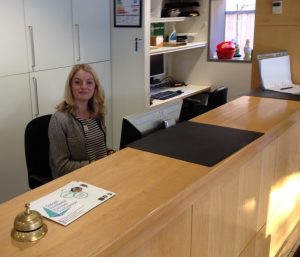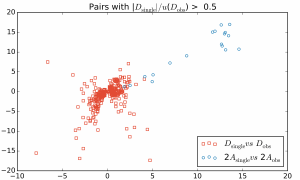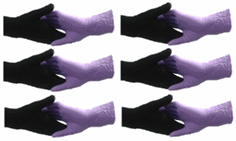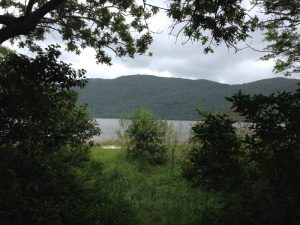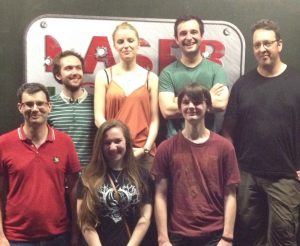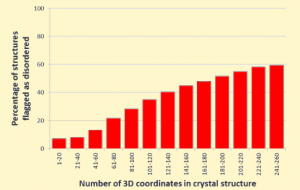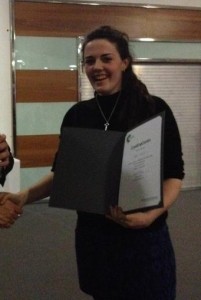 The 2016 British Crystallographic Meeting Spring Meeting took place at the University of Nottingham from 4th – 7th April. Contributions from Chem. Cryst. staff and students were:
The 2016 British Crystallographic Meeting Spring Meeting took place at the University of Nottingham from 4th – 7th April. Contributions from Chem. Cryst. staff and students were:
Jerome G. P. Wicker, Bill I. F. David & Richard I. Cooper
When will it Crystallise? (Talk in session: From Amorphous to Crystal)
Jo Baker & Richard I. Cooper
Making and Measuring Photoswitchable Materials (Talk in session: Young Crystallographers’ Satellite)
Pascal Parois, Karim J. Sutton & Richard I. Cooper
On the application of leverage analysis to parameter precision using area detector strategies (Poster)
Oliver Robshaw & Richard I. Cooper
The role of molecular similarity in crystal structure packing (Poster)
Katie McInally & Richard I. Cooper
Linking crystallization prediction, theory and experiment using solubility curve determination (Poster)
Richard I. Cooper, Pascal Parois & David J. Watkin
Non-routine single crystal structure analyses using CRYSTALS (Poster)
Alex Mercer & Richard I. Cooper
Fitting Disordered Crystal Structures by Simulated Annealing of an Ensemble Model (Poster)
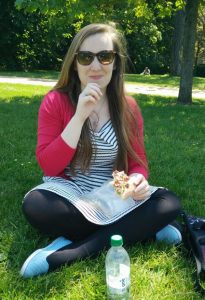 Katie is investigating crystallisation properties of different classes of materials. The results will be compared with crystallisability predictions carried out as part of Jerome Wicker‘s Part II and DPhil research, and previous measurement of molecular crystallisation properties.
Katie is investigating crystallisation properties of different classes of materials. The results will be compared with crystallisability predictions carried out as part of Jerome Wicker‘s Part II and DPhil research, and previous measurement of molecular crystallisation properties.